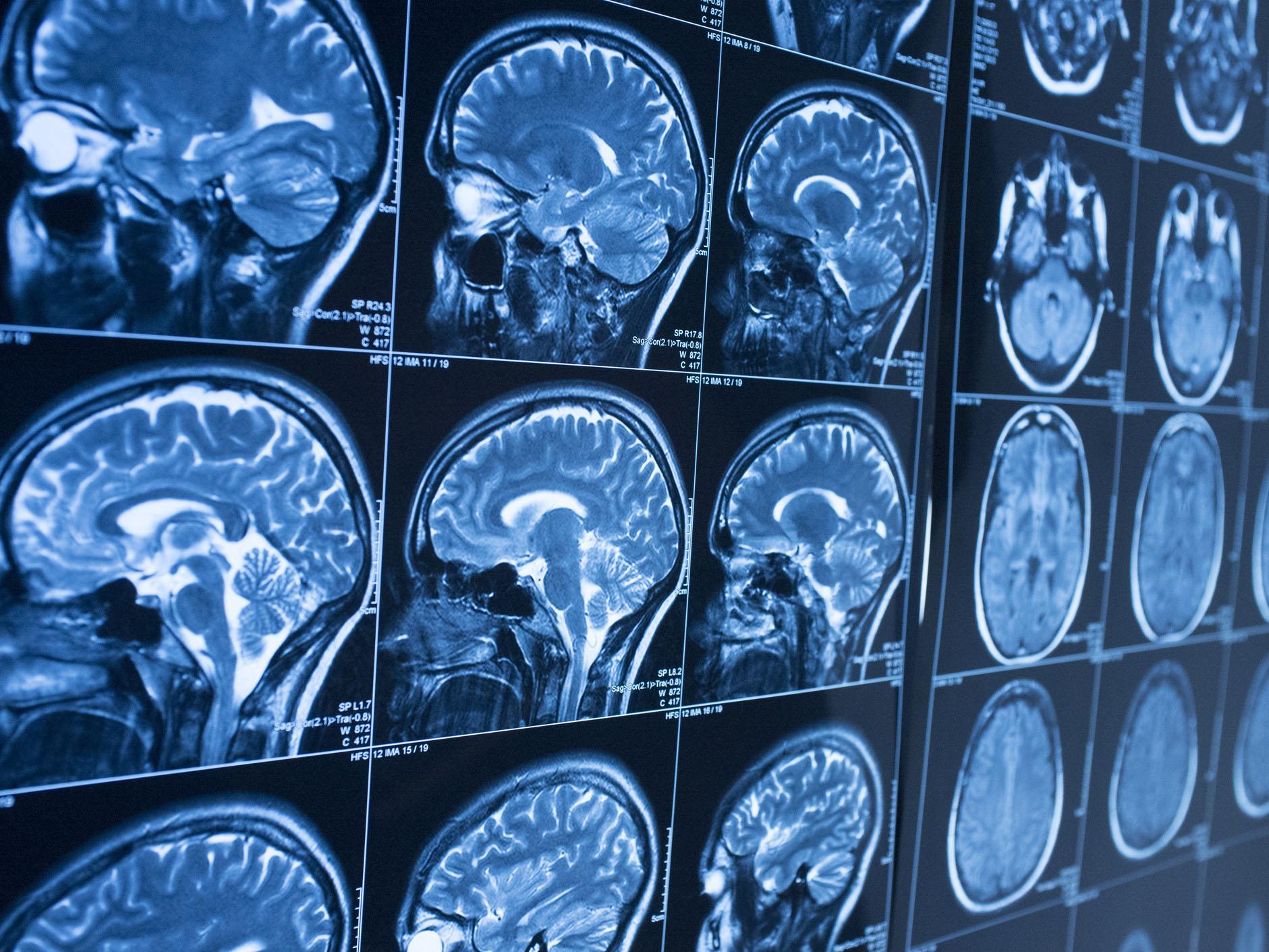‘Mapping’ technique finds links between brain connections and intelligence
Powerful scans reveal association between connectivity of the brain and IQ measurements in volunteers

A new technique has shown links between connections within the brain and intelligence in humans.
Understanding the so-called “connectome” – the network of connected nerve cells that make up the brain – is a key area of research for scientists.
While there have been significant advances in brain imaging techniques in recent years, understanding how to relate the form of the brain and its connections to characteristics like intelligence is highly complex.
Using a very powerful MRI scanner, an international team of researchers has been able to build a map of the connectome.
"We saw a clear link between the 'hubbiness' of higher-order brain regions – in other words, how densely connected they were to the rest of the network – and an individual's IQ," said Jakob Seidlitz, a PhD candidate at the University of Cambridge who co-authored the study.
"This makes sense if you think of the hubs as enabling the flow of information around the brain – the stronger the connections, the better the brain is at processing information."
For their study, Mr Seidlitz and his collaborators compared the brains of nearly 300 typically-developing adolescent volunteers, and validated their results with an additional 124 volunteers.
The researchers used MRI scans to build what they called “morphometric similarity networks”, which showed the connectivity inside the brains of their volunteers.
They then verified their findings with connectivity estimates considered the “gold standard” from sampled monkey brains.
While intelligence – as measured using IQ – varied across the participants, their morphometric similarity networks accounted for around 40 per cent of that variation.
This suggested to the scientists that the physical structure of participants’ brains had some bearing on their intelligence.
Their results were published in the journal Neuron.
Professor Derek Hill, a brain imaging expert at IXICO who was not involved in the research, said while the question of whether brain structure relates to intelligence is “fascinating”, this research is still speculative.
Based on work that has been undertaken in the past, he said it may be that the variability in brain structure can tell us something about brain performance.
“I think there is perhaps information there, but I don’t think anybody has really got the point of nailing it and saying ‘we now have a measurement’,” he said.
“The methodology in this paper takes us a bit in that direction,” said Professor Hill, but noted we are still a long way off being able to place someone in a brain scanner and measure their intelligence.
The researchers behind this study think this is a step in the right direction to ascertaining human intelligence using a scan, and suggest other interesting insights could arise from their technique.
"This could take us closer to being able to get an idea of intelligence from brain scans, rather than having to rely on IQ tests," said Professor Edward Bullmore, a psychiatrist at the University of Cambridge who was involved with the research.
"Our new mapping technique could also help us understand how the symptoms of mental health disorders such as anxiety and depression or even schizophrenia arise from differences in connectivity within the brain."
Join our commenting forum
Join thought-provoking conversations, follow other Independent readers and see their replies
Comments
Bookmark popover
Removed from bookmarks